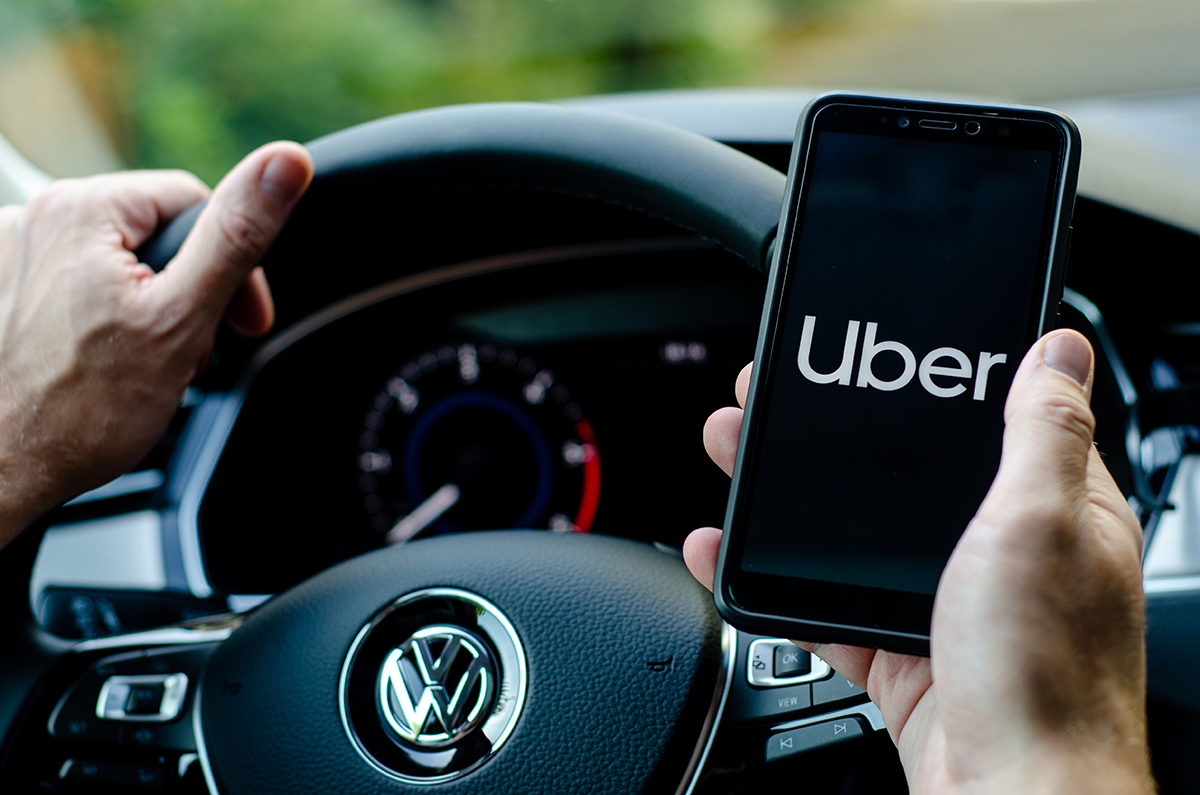Massachusetts is bracing for a legal showdown as industry titans Uber and Lyft prepare to stand trial over the contentious issue of worker classification. The crux of the matter revolves around whether drivers for these platforms should be deemed independent contractors or classified as employees.
Set to kick off on Monday in Boston’s Suffolk County Superior Court, the trial originates from a lawsuit brought forth by Massachusetts Attorney General Andrea Joy Campbell. Campbell asserts that Uber and Lyft have consistently misclassified their drivers as independent contractors, thus depriving them of essential benefits such as a minimum wage, overtime pay, and earned sick time.
According to Campbell’s office, the ride-sharing giants fail to meet the criteria outlined in Massachusetts’ labor laws, which would enable them to classify drivers as independent contractors. Instead, they argue that these drivers should be recognized as employees under state law.
This legal skirmish mirrors wider disputes unfolding across the country concerning the status of workers in the burgeoning gig economy. The advent of app-based companies has reshaped the labor landscape, prompting policymakers and regulators to grapple with how best to safeguard the rights and welfare of gig workers.
Both Uber and Lyft staunchly defend their classification of drivers as independent contractors, contending that they are technology firms, not transportation providers. They assert that their platforms merely serve as intermediaries connecting drivers with passengers. They caution that a ruling against them could imperil their flexible business models and potentially compel them to curtail or cease operations in Massachusetts.
Rohit Singla, a legal representative for Lyft, reiterated the company’s stance during a pre-trial hearing, emphasizing that their existing business model does not align with treating drivers as employees.
The trial unfolds against the backdrop of broader legal and political developments in Massachusetts. Recently, the state’s highest court deliberated on a proposed ballot measure supported by the industry, which defines drivers as contractors while granting them some additional benefits. The court seems inclined to permit this proposal to proceed to a vote, alongside a competing measure endorsed by labor organizations, which aims to empower drivers to unionize.
The lawsuit, initially initiated in 2020 by Campbell’s predecessor, Maura Healey, who now serves as the state’s governor, could carry significant consequences for Uber and Lyft. If the state prevails, the companies could face substantial penalties for their alleged misclassification of drivers.
A report issued by the state auditor sheds light on the potential financial ramifications of the companies’ classification practices. It reveals that by treating their Massachusetts drivers as independent contractors, Uber and Lyft sidestepped an estimated $266.4 million in payments toward workers’ compensation, unemployment insurance, and paid family medical leave over a decade.
As the trial progresses, attention is focused on Suffolk County Superior Court Judge Peter Krupp, who will ultimately decide the outcome of this high-stakes legal dispute. The ruling will not only shape the future of ride-sharing in Massachusetts but also serve as a barometer for the broader gig economy across the nation.







